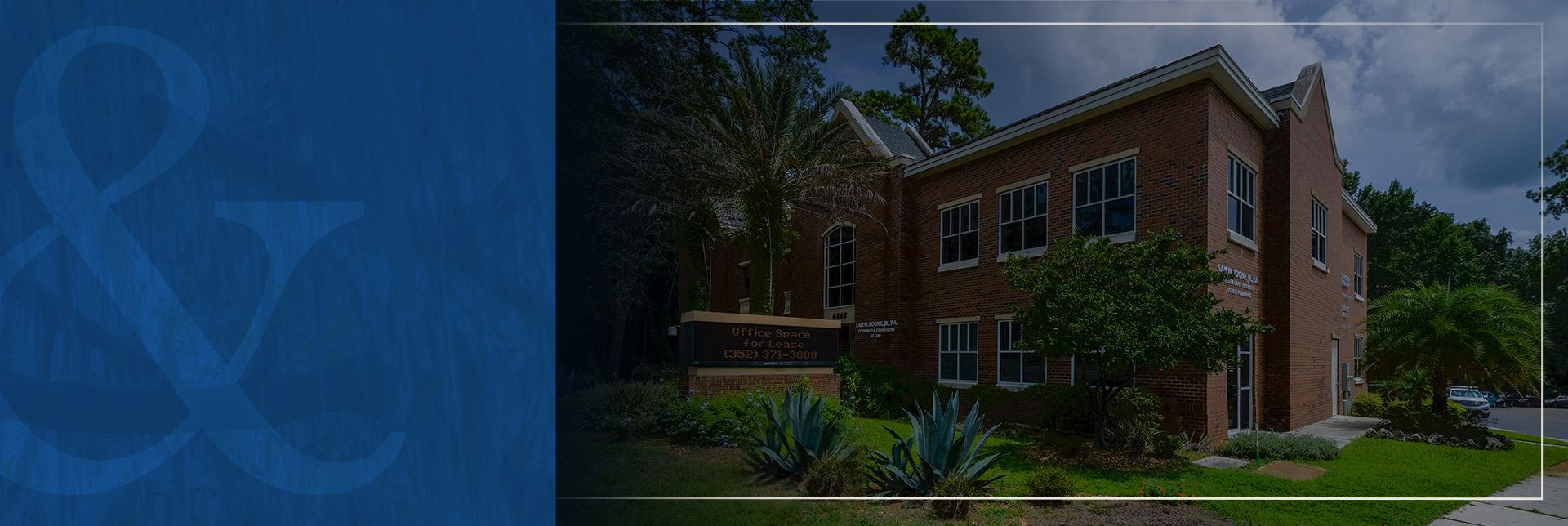No one leaves home expecting to be in an auto accident but car crashes occur more frequently than most drivers realize. On Florida roadways, car accidents are reported every day of a given year. In fact, according to data collected by the Florida Department of Highway Safety and Motor Vehicles, one reportable crash occurred every 82 seconds from January through June in 2017 for a total of 91,470 injury crashes resulting in 1,645 traffic deaths. Of the 139,667 persons injured in those collisions, many were caused by driver error. But, how does an accident victim prove that the other driver was at fault?
State motor vehicle statutes govern how drivers are expected to act anytime they take to Florida's roadways. A legal theory called negligence is often used in determining liability for cases that involve personal damage and/or accidental injuries. When a driver fails to exhibit reasonable care (or meet the legal duties imposed by state law), it can lead to a “presumption of negligence”. Vehicular accidents where there is a breach of “the duty of care” can include:
- Careless or Unreasonable Actions
- Driving Under the Influence
- Failure to Maintain a Safe Vehicle
- Failure to Maintain Control of Vehicle
- Failure to Yield Right-of-Way
- Ignoring a Traffic Control Device
- Inattentive or Distracted Driving
- Traveling at an Unreasonable Speed
Car, truck, and SUV accidents involving other vehicles, pedestrians, cyclists, and/or someone else's property can be much more complex than they may seem. For this reason, the sooner a law firm can launch a thorough investigation the less chance that vital evidence will be lost or destroyed. From a legal perspective, a personal injury attorney will review and document the facts following the investigative phase. Then, a dollar amount for compensation of the personal injuries or wrongful death is determined.
Since a majority of car accident cases are settled through negotiations with the at-fault's insurance carrier, the case may never reach the courtroom. However, if a negotiated settlement cannot be reached early on, both parties may agree to mediation. A licensed mediator serves as the go-between to allow each side to speak their mind and present their evidence. This method of resolution offers many distinct advantages. Typically, unresolved accident cases often have court-mandated mediation as a prerequisite to the consideration of a civil trial under tort law. Since the terms of a settlement are open to creative solutions, both parties can benefit from mediation.
In closing, it is crucial for the victim's (or plaintiff's) lawyers to gather the appropriate evidence to bring an accident claim. When an accidental injury case is presented, the defendant is named as the “At Fault” party. Based on the collective evidence, the “At Fault” driver may also face criminal charges under State traffic laws in addition to any civil settlement.

